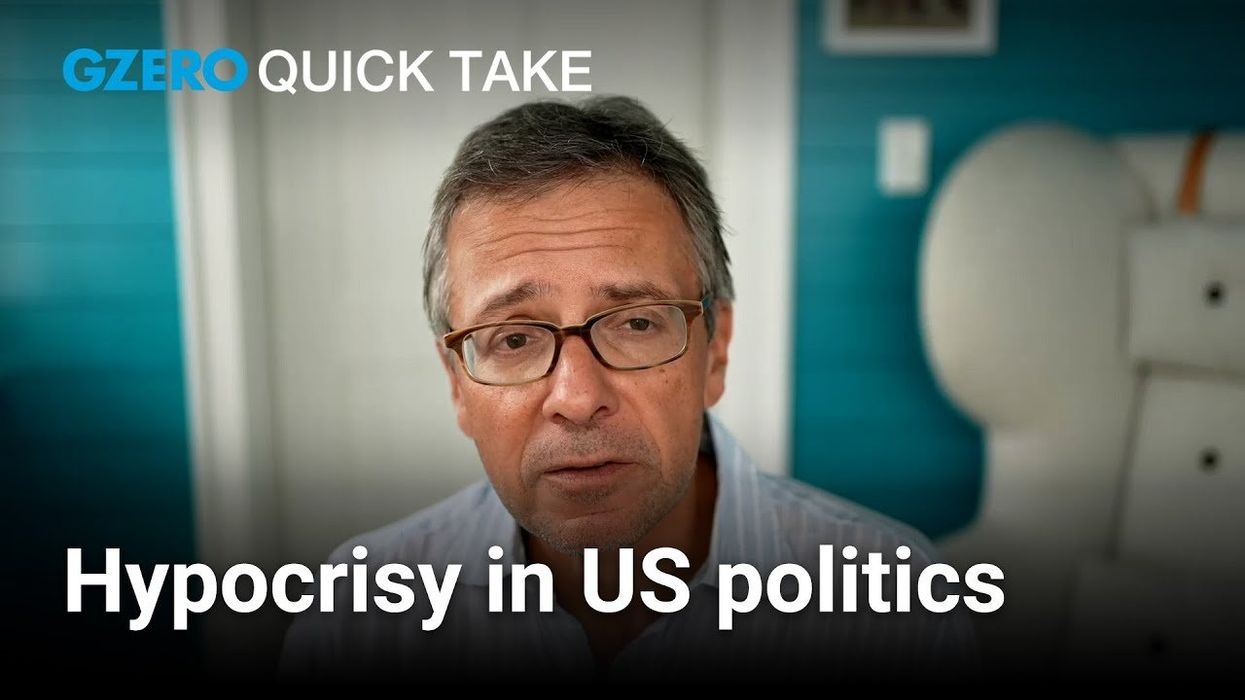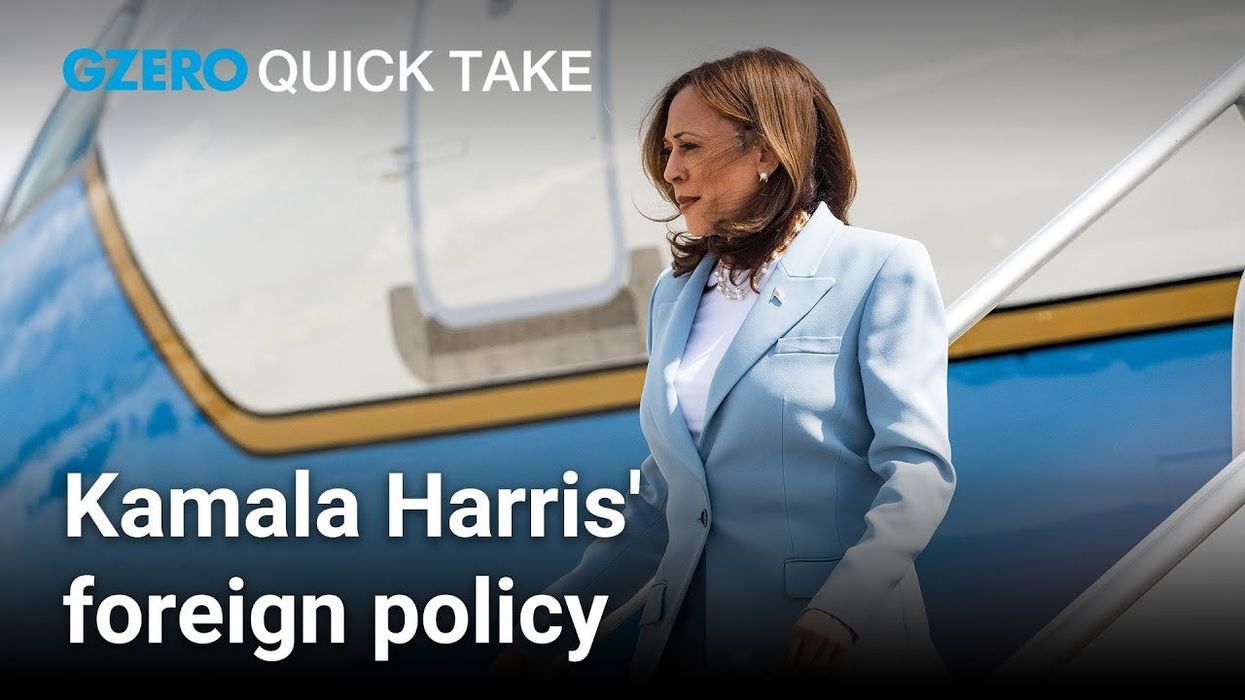Quick Take
Harris, Trump and the hypocrisy in US politics
Ian Bremmer’s Quick Take: The funny thing is how the Republican and Democratic parties have coalesced with such extraordinary enthusiasm around candidates that most of the leaders, the media, and stakeholders had been saying privately—and some publicly—that they strongly opposed. The hypocrisy in high-level politics is evident. While they don’t reflect how people think about the candidates, they help explain why so many American citizens are fed up and think the political system is broken.
Aug 19, 2024


